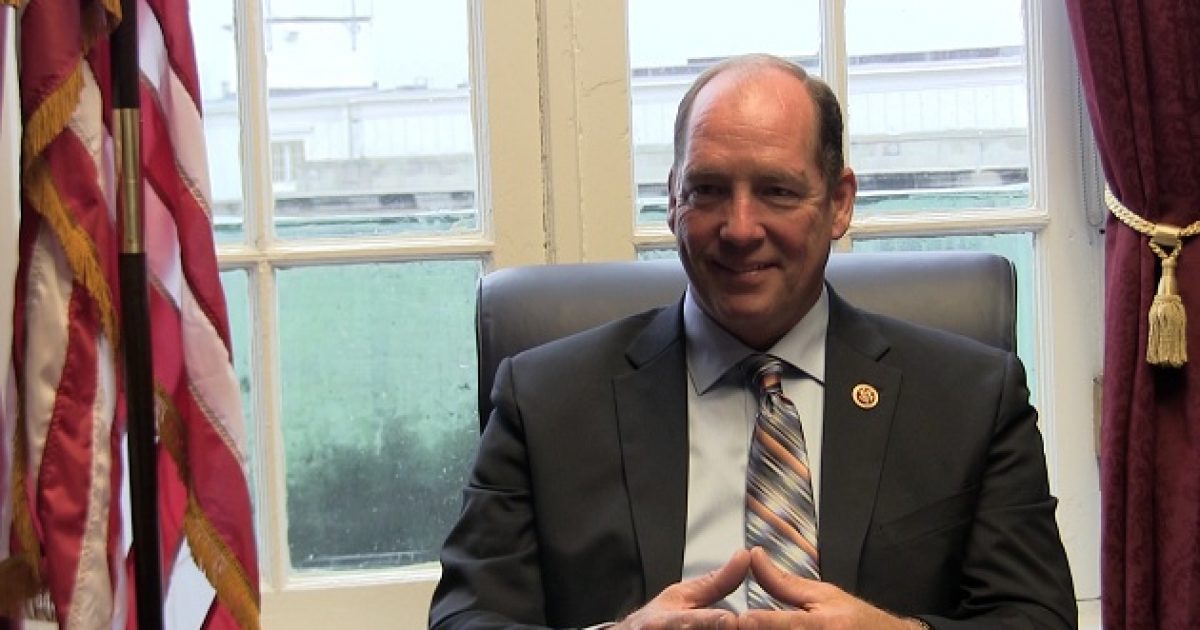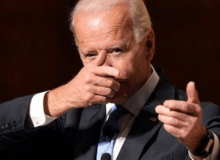Members of the U.S. House of Representatives are divided on whether to support a newly-minted bill aimed at abolishing the current U.S. sugar policy.
Because sugar farmers say that the Sugar Program Modernization Act, which was introduced by Rep. Virginia Foxx (R-NC), would cripple the Sugar-producing industry, the group has renamed the ‘sour’ piece of legislation the “Sugarcane Farmer Bankruptcy Act.”The current sugar policy protects US growers from foreign governments subsidizing their sugar inventories and dumping them on the US market. This very dumping occurred in 2014 when Mexico cheated Americans out of $200 million by injecting cheap sugar onto the US market that artificially lowering sugar costs, forcing US growers to slash the cost of the sweet stuff.
Because of how the deal was structured, Mexico cheated the US in 2014 by artificially lowering the cost of sugar by flooding the market with cheap sugar, and American sugarcane farmers were left selling product at a lower cost. In the case of 2014, the feds provided loans to cover the shortfall, but that money is being paid back through a lawsuit settlement against Mexico that was won by American sugar growers.-(Source)
Do you think the 2nd Amendment will be destroyed by the Biden Administration?(2)
Unfortunately, Rep. Foxx’s “Gang of Sweet” legislators do not represent congressional districts that have a high concentration of sugarcane producers like certain districts in Texas, Louisianua, and Florida.
Rather ‘Foxx & Friends’ have taking the dangerous position of siding with candy makers and confectioners that want to buy cheaper sugar from Mexico at the expense of US job creation.
So, their supposed knowledge of how gutting the current US Sugar policy will adversely affect sugarcane growers is highly suspect.A bipartisan effort countering Foxx’s “Sugarcane Farmer Bankruptcy Act,” has also surfaced and is being lead Florida Representatives Ted Yoho (R) and Alcee Hastings (D).
Rep. Yoho has introduced the increasingly popular “Zero to Zero sugar policy” bill which he says, “has been hailed as a model for all U.S. farm policy.”
According to Yoho, this is what his bill would do:
It calls on the elimination of U.S. sugar policy in exchange for the elimination of the foreign subsidies and unfair trading practices that are distorting the global market. It would reward the world’s most efficient producers rather than the most coddled. And it is 100 percent consistent with the smart modernization of U.S. trade policy championed by our new Administration and endorsed by the electorate.
During a recent interview with the Shark Tank regarding Foxx’s bill, Yoho dismissed the legislation on its face, saying that his colleague is “way off base,” adding that her bill would only help candy makers, and not sugar producers or the American consumer.“Zero to Zero will end all of our subsidies or support on any program that we trade with another partner, if they get rid of their subsidies, and will let companies and producers compete against each other.”
It’s hard for our producers to compete against a foreign government that’s heavily subsidizing.”-Rep. Ted Yoho
Yoho’s fellow Floridian and Democratic colleague, Rep. Alcee Hastings, whose congressional district has a significant amount of sugar producers, recently put out a joint statement with Rep. Mike Simpson opposing the Foxx sugar bill, and outlining how the current sugar policy protects farmers from “predatory trade practices.”
As Co-chairs of the House Sugar Caucus, we write to ask you to oppose the Sugar Program Modernization Act. We believe that this legislation seeks to single out the U.S. sugar program, leaving U.S. sugar farmers without the tools needed to survive the worst farm economy in decades.Outsourcing U.S. sugar production would have devastating effects on sugar producers and consumers. It would deny sugar producers access to nonrecourse loans, and as a result, producers would have difficulty obtaining capital and staying in business. It would send prices back to 1980 levels, resulting in an unfeasible financial squeeze on family farms, and require the U.S. Department of Agriculture (USDA) to flood our markets with imports to lower sugar prices for large food manufacturers, which pass their costs onto consumers.
This measure is like amendments rejected three times on the Senate floor, two times on the House floor, and twice at the Committee level during review of the 2014 Farm Bill. Congress made a thoughtful decision by keeping sugar policy strong in the 2014 Farm Bill. Congress’ intent in creating the no-cost sugar policy was to provide fair competition to U.S. farmers against foreign subsidies and predatory trade practices. The numbers speak to the success of current sugar policy:
- S. sugar policy has cost taxpayers $0 since 2014 – well below CBO projections.
- S. sugar has cost less than 32 cents a pound since 2014 – nearly 10 cents below averages in other developed countries, according to the International Sugar Organization.
- More than $20 billion in annual economic activity and 142,000 U.S. sugar jobs have remained in America where they belong thanks to the 2014 Farm Bill.
The Sugar Program Modernization Act would upend this success and reward the world’s worst subsidizers at the expense of U.S. sugar farmers. While a handful of food manufacturers would benefit under the Sugar Program Modernization Act, farmers, sugar workers, rural communities, and consumers would lose out.
What should the US government do? TAKE THE POLL

















